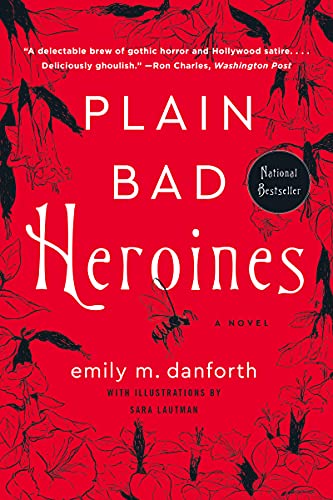
Dennis Cooper and I have been on a collision course my entire life. I’m embarrassed for having taken so long to discover him, but I am making up for lost time (I’ve read seven of his books this year and am currently on my eighth).
It started with The Sluts. After having this book recommended to me constantly on GoodReads and other book sites, not to mention popping up routinely on BookTube, I finally took the plunge. Not knowing anything about him, I feared that maybe he was less a novelist and more a shock merchant. I’ve been burned by extreme authors in the past.
I read it in a day, and it immediately rocketed into my top ten all-time favorite books. The prose is electric and the text moves at a reckless pace.
Published, and set, in 2004, The Sluts came out right before the social media boom. It’s an epistolary novel told through the tools of the old Internet: dedicated websites, bulletin boards, even faxes. I won’t pretend that I didn’t enjoy the nostalgia of it.
But though it is twenty years old, The Sluts is a novel for our current time. It is a metafiction filled with unreliable narrators and all the hallmarks of the post-truth world. It occurs in an insular and mistrusting web community and incorporates a healthy dose of fan fiction.
The star of the show is Brad, a sex worker of exceptional beauty and questionable age and mental health. He is the soiled dove who captures the imagination of dozens of connoisseurs on an escort review website. Some want to save him. Some want to abuse him. Everybody wants to hire him.
At a certain point, it becomes clear that whatever you want Brad to be, he is, so while Brad is the central character of the novel, in the end we know nothing about him. The only information we have about him is discussion board gossip posted pseudonymously.
Ultimately, this turns the focus of The Sluts back on the reader. What do we know of any character in any book other than what a faceless author has provided on the page? How do we distinguish between true fictions (primary storylines) and artful lies (metafictions), and why do we distinguish between them in a book that we already know isn’t real?
It’s fitting that Cooper essentially places the reader in front of the computer in this story. Every day, we’re fed information from a screen. It’s up to us to discern truth and fallacy. We interact with strangers, read their reviews of movies, appliances, restaurants… even (gasp) books.
In the end, though, it comes down to the user, alone behind their keyboard. We find whatever we seek online. It’s a digital Plato’s cave where not only are we seduced by a false reality, but we are tricked into believing that we have agency over that reality.
The reader chooses which Brad reviews to believe and which to discard, thereby projecting our own fantasies and anxieties onto this ethereal sex worker who is pure dream or pure nightmare.
Trust me, this is a deeply engaging novel that will shake you to your philosophical core.







